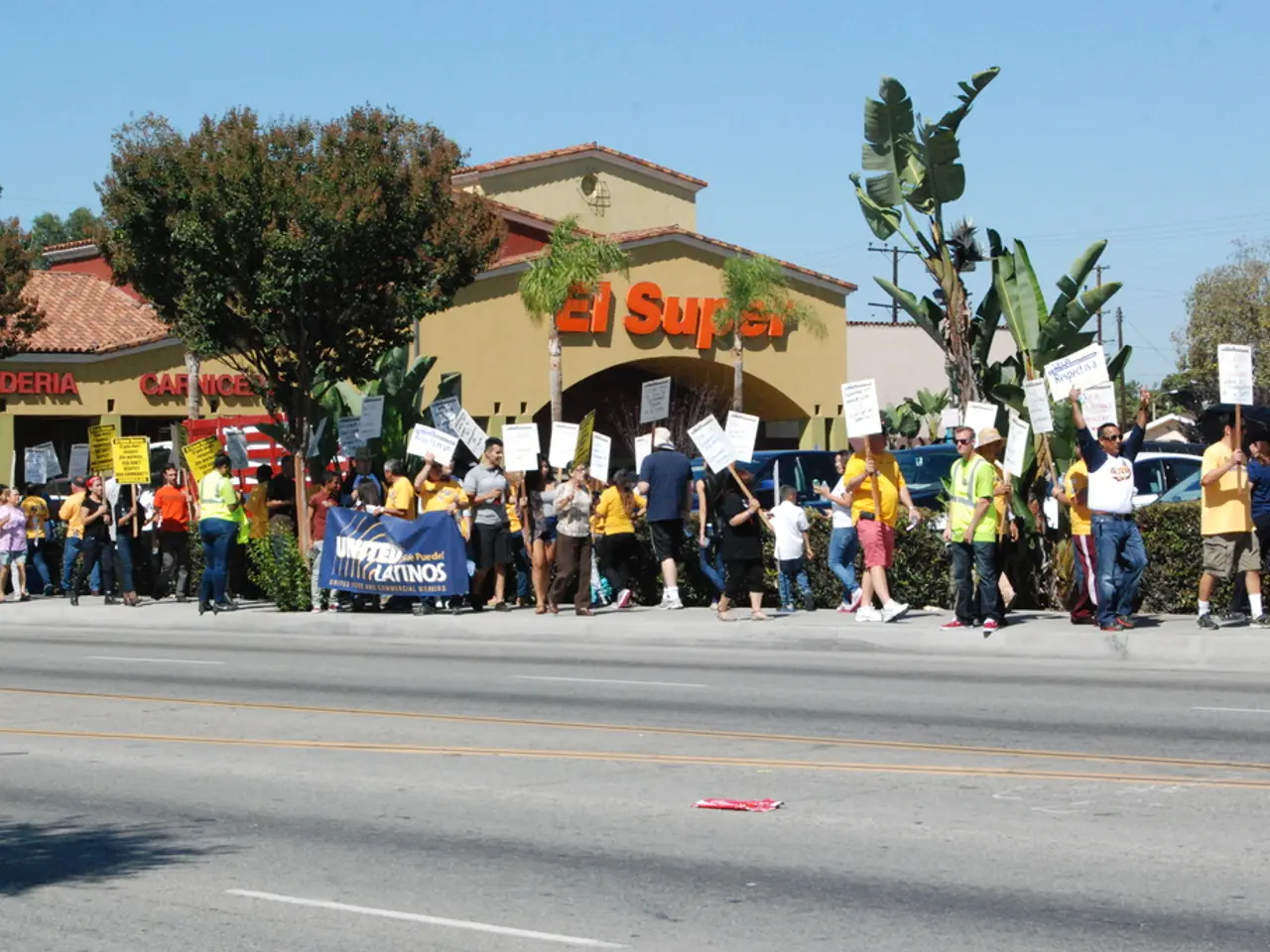Random selection determines composition of Greifswald's Citizens' Council - Uniting for the city's future jointly - Voting for Bürgerrat - shaping the future of Greifswald through elections
Greifswald Launches Citizen-Led Future Council
The city of Greifswald, in Germany's Mecklenburg-Vorpommern state, has announced the establishment of a temporary Future Council. This new body, set to convene from autumn 2025, aims to gather citizen input on shaping the city's future.
The Future Council will consist of 60 members, selected from the city's 2,000 invited residents based on their responses. The project leader of this initiative is Jonas Dietrich. This setup represents a new form of citizen participation in Greifswald, encouraging strong community involvement and youth engagement.
The council's focus will be on localized, community-driven topics related to sustainable development and regional identity in the Baltic Sea region. Key themes will include resilient identities, regional cooperation, and youth engagement, reflecting the city's commitment to fostering a vibrant and sustainable future.
The state-level body in Mecklenburg-Vorpommern, convened by Minister President Manuela Schwesig in 2020, operates at a broader scale with a more formal political mandate. This body addresses a wider array of policy issues beyond local concerns, including economic development, social cohesion, and potentially national policy alignment.
The Future Council in Greifswald will convene for eleven sessions, with recommendations for citizens' assembly to be developed and presented publicly based on the discussions in the Future Council. The city administration will send invitations to the selected residents by the end of August 2025.
In the past, the state-level body has identified climate and species protection, digitization, and social cohesion as the greatest challenges. Despite the recommendations presented to politics in March 2021, there have been criticisms of a lack of implementation. The Future Council in Greifswald represents an opportunity to address these concerns at a more local level.
The Future Council will play a crucial role in shaping Greifswald's future, ensuring that the city's development is guided by the voices of its citizens. The council aims to be representative and balanced, with a focus on age, gender, and place of residence in the districts.
This initiative underscores Greifswald's commitment to fostering active citizen participation in local governance, promoting a more democratic and inclusive decision-making process. The Future Council will contribute to the city's ongoing efforts to build a resilient, sustainable, and cohesive community in the Baltic Sea region.
- The Future Council in Greifswald will not only focus on localized, community-driven topics such as sustainable development and regional identity but also discuss vocational training, as part of their commitment to fostering a vibrant and sustainable future, aligning with the politics of general-news focusing on education and job skills.
- Despite the state-level body's identification of climate and species protection, digitization, and social cohesion as the greatest challenges, the Future Council in Greifswald will strive to address these concerns at a more local level, furthering discussions on community policy to ensure a balanced and representative approach in vocational training and civic participation.





